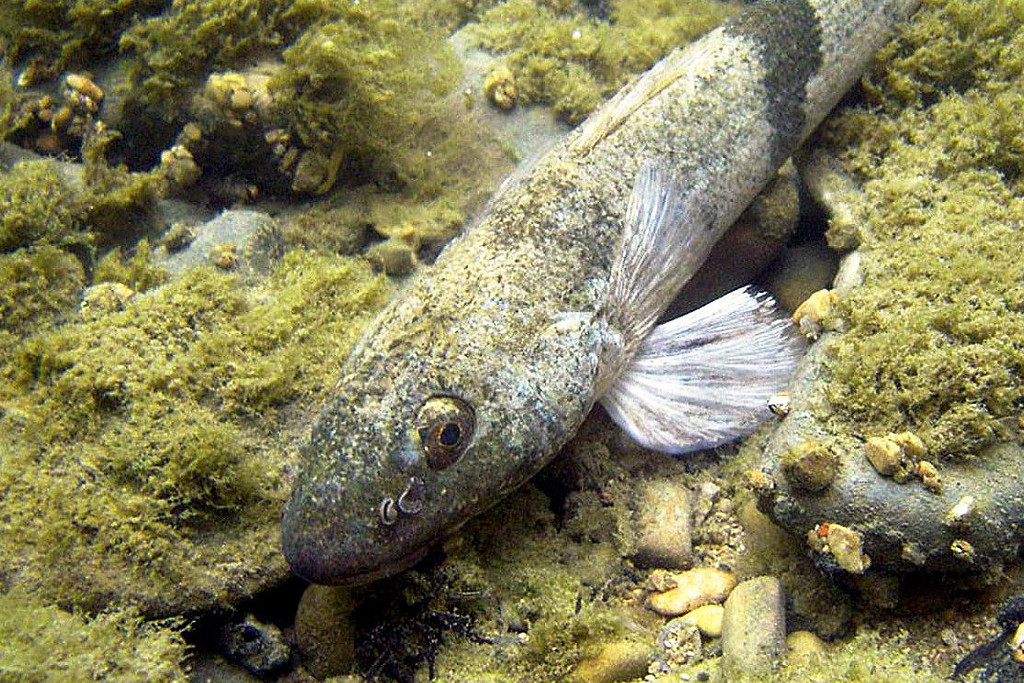
- Swiss statistics
Lots of plastic and loads of money
03.04.2020 – Marc Lettau
84
Demand for small, lightweight plastic bags in Swiss supermarkets has fallen by 84 per cent in the space of a year. This is because anyone who wants one must now pay an environmental charge of five centimes.
5,120
Talking of the environment, Swiss cleanliness, and plastic: according to the Swiss Federal Laboratories for Materials Science and Technology (EMPA), 5,120 metric tons of plastic ends up in the environment each year in Switzerland. Plastic pollution is increasing, because plastics take so long to decompose. The University of Berne estimates that around 53 metric tons of microplastics are to be found in the top five centimetres of the floodplain in Swiss nature reserves.
95,000,000,000
Now let‘s talk money. Inherited wealth in Switzerland is at an all-time high, with some 95 billion francs in inheritance payments likely to change hands in 2020 – five times more than in 1990. This annual figure is set to grow in future years. Those inheriting today are also much older than the average heirs of one generation ago. This enormous flow of money remains largely untaxed in Switzerland, where politicians are nevertheless pushing for an increase in inheritance levies.
200
Dog tax, on the other hand, is not to be barked at. It can cost up to 200 francs. Many Swiss municipalities charge double if you own a second dog. Financially speaking, Switzerland is anything but canine heaven. It’s enough to make anyone howl.
551,000
And how many taxable dogs are there in Switzerland? As many as 551,000. Canine density is at its lowest in the canton of Basel-Stadt, where there is one dog per 38.4 inhabitants. The canton of Jura has the highest canine density, with one dog per 7.8 inhabitants.
Picture:Because all the barking is for nothing: in Switzerland, the dog license fees paid by dog owners have increased by more than 50 percent in the last ten years. Photo: iStock










Comments
Comments :